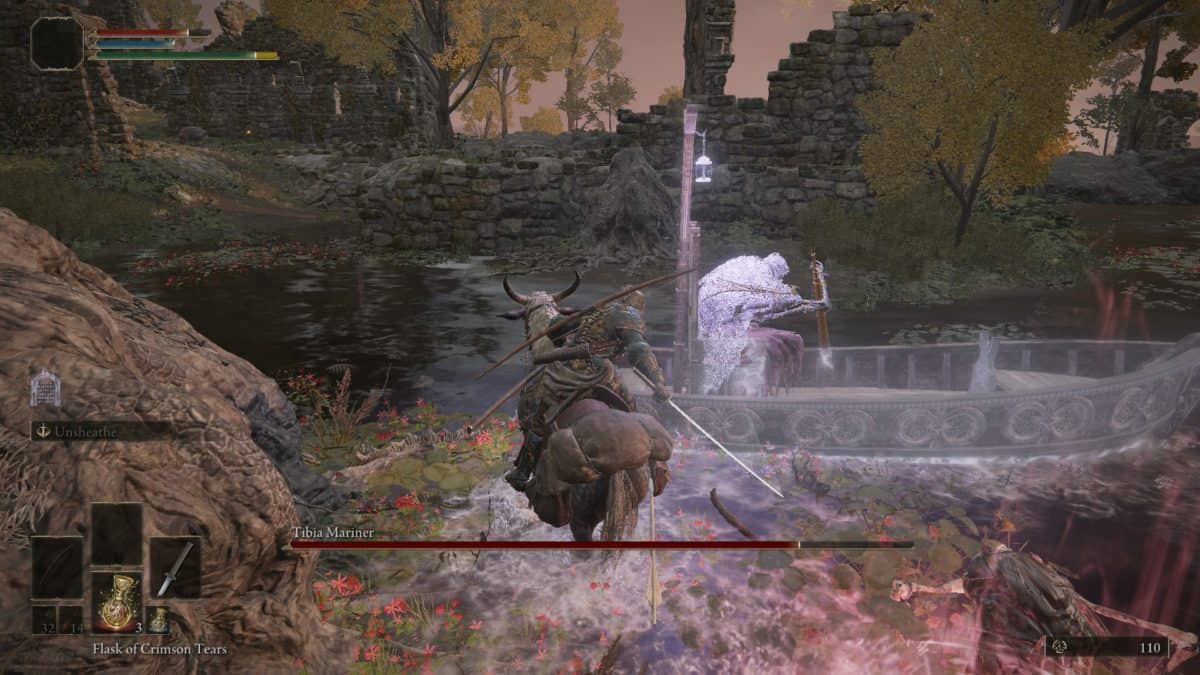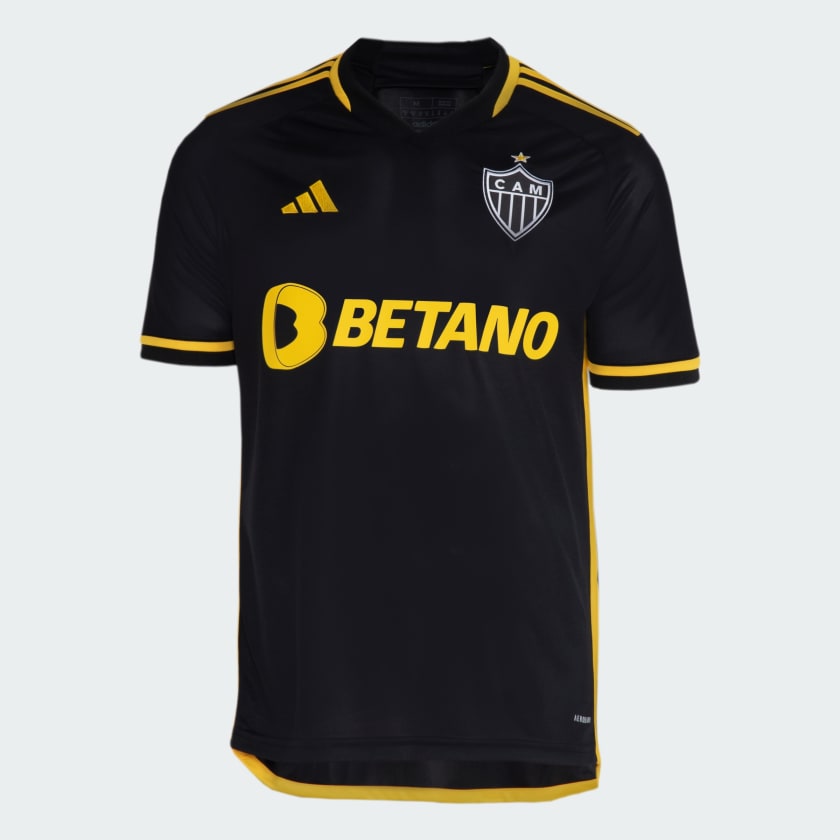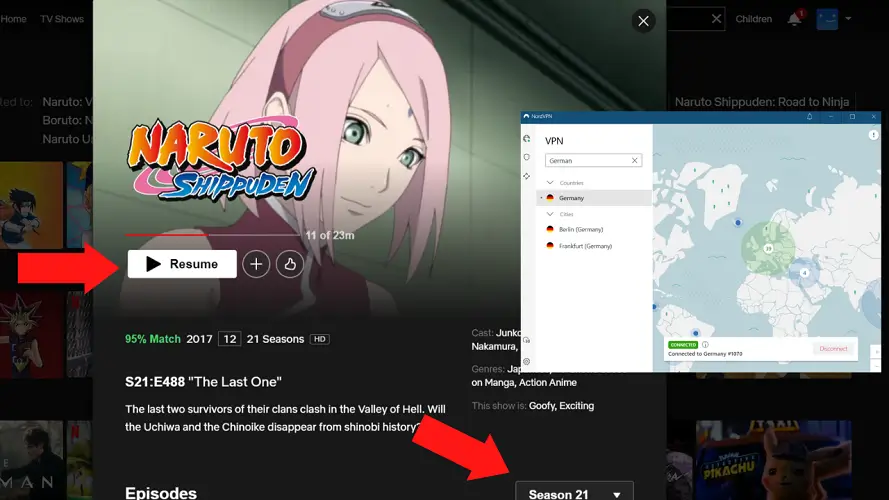BAT: How does speed work in Tibia? - Part 1: Theory - TibiaLD
Por um escritor misterioso
Descrição
Hello Tibians and welcome to our first ever BAT article! BAT, which stands for Beyond Achievements in Tibia, are articles in TibiaLD that are not primarily focused on Achievements, even though we’ll probably get to them at some point. This time we’ll be talking about speed, and in the next articles of this series we’ll be giving some examples and, of course, discussing how this affect some achievements. Movement Speed is a core mechanic in Tibia, and yet most players don’t understand it. It’s not their fault though, speed in Tibia is actually rather complicated and involves several different factors. Nevertheless, it’s unquestionable how important a character’s speed is, not only because it’s super cool to run around the map really fast, but also because being faster allows you to make different plays in PvE and can be the difference between life and death during PvP. The character speed, highlighted above, is the basis of the movement speed calculation. A character’s base speed is given by the following formula: $mathrm{BaseSpeed} = 109 + mathrm{Level}$ This means that the base speed of a level 1 character is 110, while the base speed of a level 8 character is 117. The slowest possible speed, however, is 40, and the only way to reach speeds this slow is through paralysis. Movement Speed The movement speed of a character can be described by how long it takes to walk from one tile to another, and the fastest possible movement in Tibia takes 50 milliseconds (ms). This is the so-called “GM Speed” because that’s how fast gamemaster characters could walk on any floor, and it’s equivalent of walking 20 tiles per second. Starting at this maximum speed, further possible speeds change in steps of 50 ms as well. So the second fastest movement takes 100 ms (10 tiles per sec), then 150 ms (6.67 tiles per sec), 200 ms (5 tiles per sec) and so on. There is no theoretical maximum, but we’ll have a look on how slow a character can move further ahead. Those with a keen eye have probably noticed that the 2nd fastest speed is actually half of the “GM Speed”, and this is an important thing to know: the fastest you are, the bigger the change will be when you reach the next speed. This is why it’s so easy to notice an increase in speed at higher levels while the progress feels a lot smoother at low levels. It’s also why after around level 350 players start to become more interested in their speed, because at this level range it starts to become possible to reach the final speeds on certain tiles with the right equipment and spell. Similarly, after level 700-800 it becomes very hard to reach new speeds, and at the same time there are several tiles on which the haste spells don’t even make a difference. Speed Breakpoints Now that we have explained how movement speed works and what values are possible, we can start discussing what makes a character move at one particular speed or another. The speed you see on the Skills widget is clearly not how fast your character will move, but rather a value that will be used to define that. Before we get into that, however, we have to talk about the second factor that comes into place when walking around Tibia: Tile Friction (or waypoints, according to CipSoft’s official nomenclature). Players call it friction because the higher its value, the slower you’ll move when walking to that tile. This is why it’s (generally) faster to walk around towns than on the desert, because the tiles used around towns most have a friction value of 100, whereas sand has friction equals to 160. The “fastest” tiles on Tibia are the walkable tar and sulphur present in the Barkless Dungeon, which have a friction value of 50. The slowest tile used to be a special dirt that existed inside the now-removed PvE arena with a friction of 1200, but since its removal the “slowest” floors became 2 different tiles with friction 850: the floor at the end of the Endurance Test area of the Bigfoot’s Burden Quest and the floor during the Guilts part of the fight against Tarbaz during Ferumbras’ Ascendant Quest. Most tiles, however, are within the 100-160 friction range, and the infamous underwater tiles have a friction value of 250. As explained above, the character movement in Tibia can happen in multiples of 50 milliseconds. Depending on the tile friction and the character’s speed, a certain movement speed will be reached. We call the character speed required to reach a given movement speed on a certain friction a Speed Breakpoint. For example, to walk on the fastest speed (50 ms) on common town floor of friction 100, a speed value of 2382 is required. For the second fastest movement, 592 of speed is required. On sand (friction 160), however, the values are 1443 and 10167. Speed Breakpoints for several different tiles can be seen on the table below: On this table, the column #17 represents a movement that takes 50 ms, #16 is 100 ms, and so on. For tiles with friction higher than 250, the movement starts to become so slow that the speed required for the fastest movement becomes surreal. The math behind these numbers is not in the scope of our article, but suffice it to say that it involves a few constants used by the server and a logarithmic function, besides the tile friction of course. The breakpoints above explain why we said most speed boosts are reached between levels 350 and 800. At this level range there are different boosts for several common tiles, specially when you consider the haste spells. With that information at hand, you can decide whether or not it’s worth it to imbue your boots with speed or use your mount (if you’re one of those players who usually don’t). It also shows how even the smallest speed changes are important for lower levels. On town floor with friction 100, a level 8 player can go from breakpoint #13 (350 ms) to #11 (250 ms) by using Boots of Haste, a Time Ring and a mount, which is a considerable improvement. But after all these numbers and tables, how does it really work in reality? What are the effects of ping, different methods of moving, diagonal waking and paralysis? We’ll look into that on the second part of this article, stay tuned! Acknowledgement This series of articles wouldn’t be possible without the incredible support from Rydan, who besides sharing with us his knowledge about the speed breakpoints calculation also answered several questions about technical details. Thank you very much, Rydan!

Another old achievement is discovered after game update - TibiaLD - Tibia Lucky Devils
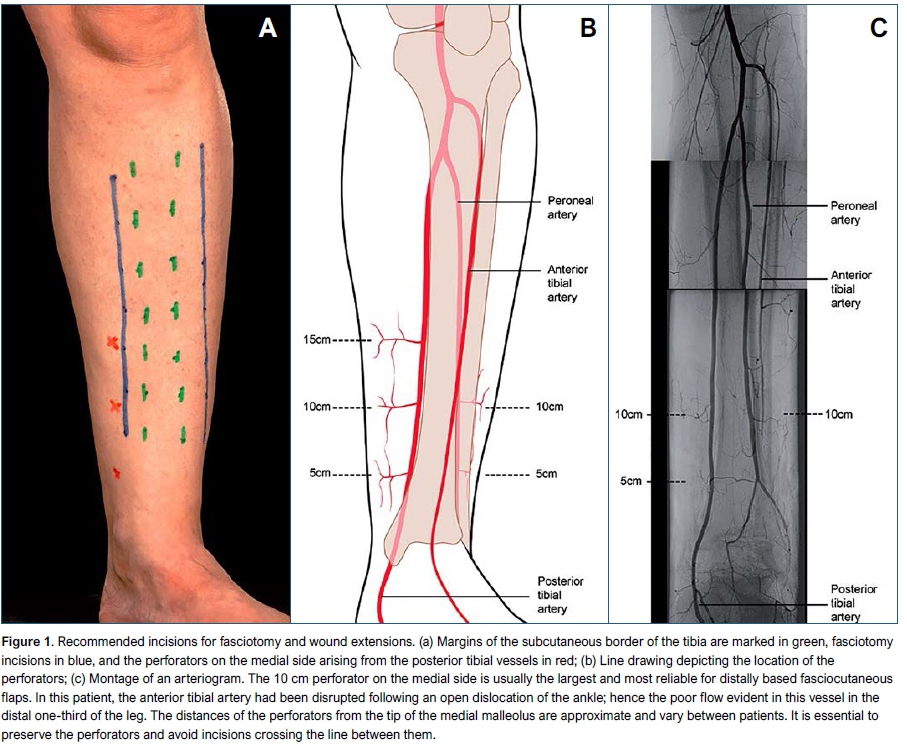
Current concepts in the management of open tibia fractures

Casts, Splints, and Support Bandages Nonoperative Treatment and Perioperative Protection, PDF

Dreadwing, TibiaWiki
Beyond Achievements in Tibia (BAT): How does speed work in Tibia? – Part 1: Theory : r/TibiaMMO

Beyond Achievements in Tibia - TibiaLD - Tibia Lucky Devils

Tibial Shaft - an overview

Casts, Splints, and Support Bandages Nonoperative Treatment and Perioperative Protection, PDF
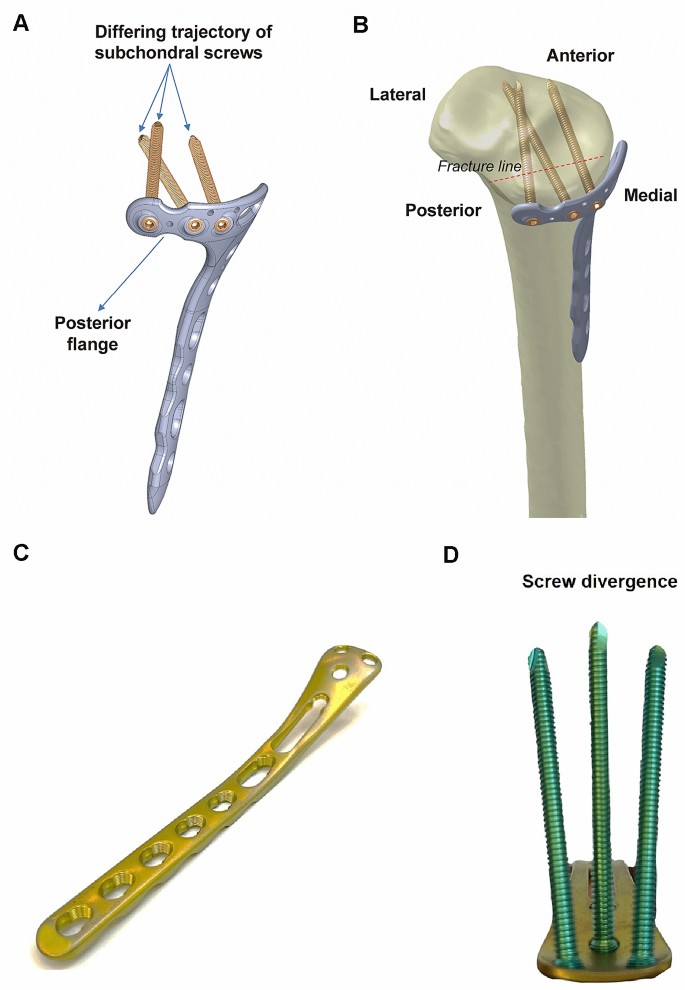
Biomechanical Evaluation of a Fin-type Implant Compared to Traditional Buttress Plate for the Stabilization of the Posteromedial Fragment in Tibial Plateau Split Fractures
de
por adulto (o preço varia de acordo com o tamanho do grupo)

